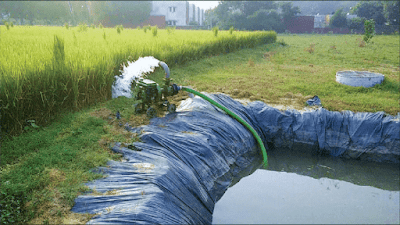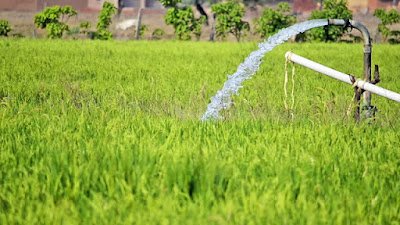The Role of Water Pumps in Agriculture: Boosting Efficiency and Productivity
The Role of Water Pumps in Agriculture: Boosting Efficiency and Productivity
Agriculture is the backbone of many economies, and efficient water management is crucial for maximizing productivity. Water pumps play a significant role in modern farming by ensuring a consistent and reliable water supply. In this article, we will explore how water pumps boost agricultural efficiency and productivity, the different types of pumps used in farming, and tips for selecting the right pump for your needs.
Understanding the Importance of Water Pumps in Agriculture
Water pumps are essential for irrigation, a process that involves applying controlled amounts of water to plants at needed intervals. This is crucial for crop growth, especially in areas where rainfall is insufficient or irregular. By using water pumps, farmers can:
- Ensure Consistent Water Supply: Water pumps provide a steady flow of water, ensuring that crops receive the necessary amount of water at the right time.
- Enhance Crop Yield: Proper irrigation leads to healthier crops, which in turn increases yield and quality.
- Save Time and Labor: Automated water pumps reduce the need for manual watering, saving time and labor for farmers.
- Optimize Water Use: Efficient water pumps minimize water wastage by delivering water directly to the plant roots.
Different types of water pumps are used in agriculture, each with its unique features and applications. Here are the most common ones:
Centrifugal Pumps
Centrifugal pumps are widely used in agriculture due to their simplicity and efficiency. They work by converting rotational energy from a motor to move water. These pumps are ideal for moving large volumes of water from a lower level to a higher level.
Submersible Pumps
Submersible pumps are designed to be submerged in water and are commonly used for deep well applications. These pumps are highly efficient as they push water to the surface rather than pulling it, reducing the risk of cavitation.
Positive Displacement Pumps
Positive displacement pumps move water by trapping a fixed amount of it and then forcing (displacing) that trapped volume into the discharge pipe. These pumps are ideal for applications requiring a constant flow rate, such as drip irrigation systems.
How to Choose the Right Water Pump for Your Farm
Selecting the right water pump is crucial for achieving optimal efficiency and productivity. Here are some factors to consider:
Water Source
Identify whether your water source is a well, river, lake, or storage tank. This will determine the type of pump you need.
Flow Rate and Pressure Requirements
Determine the amount of water needed per hour and the pressure required to deliver that water to your crops. This will help you choose a pump with the right capacity.
Energy Source
Consider the availability and cost of energy sources like electricity, diesel, or solar power. Choose a pump that is compatible with your preferred energy source.
Maintenance and Durability
Look for pumps that are easy to maintain and have a good track record of durability. This will ensure long-term reliability and reduce downtime.
Conclusion
Water pumps are indispensable tools in modern agriculture, playing a vital role in boosting efficiency and productivity. By providing a reliable water supply, enhancing crop yields, saving time and labor, and optimizing water use, they contribute significantly to sustainable farming practices. Understanding the different types of water pumps and how to choose the right one can help farmers maximize their agricultural output and ensure the health and vitality of their crops.
By investing in high-quality water pumps and maintaining them properly, farmers can secure their water supply, increase their productivity, and contribute to the overall sustainability of the agricultural industry.

